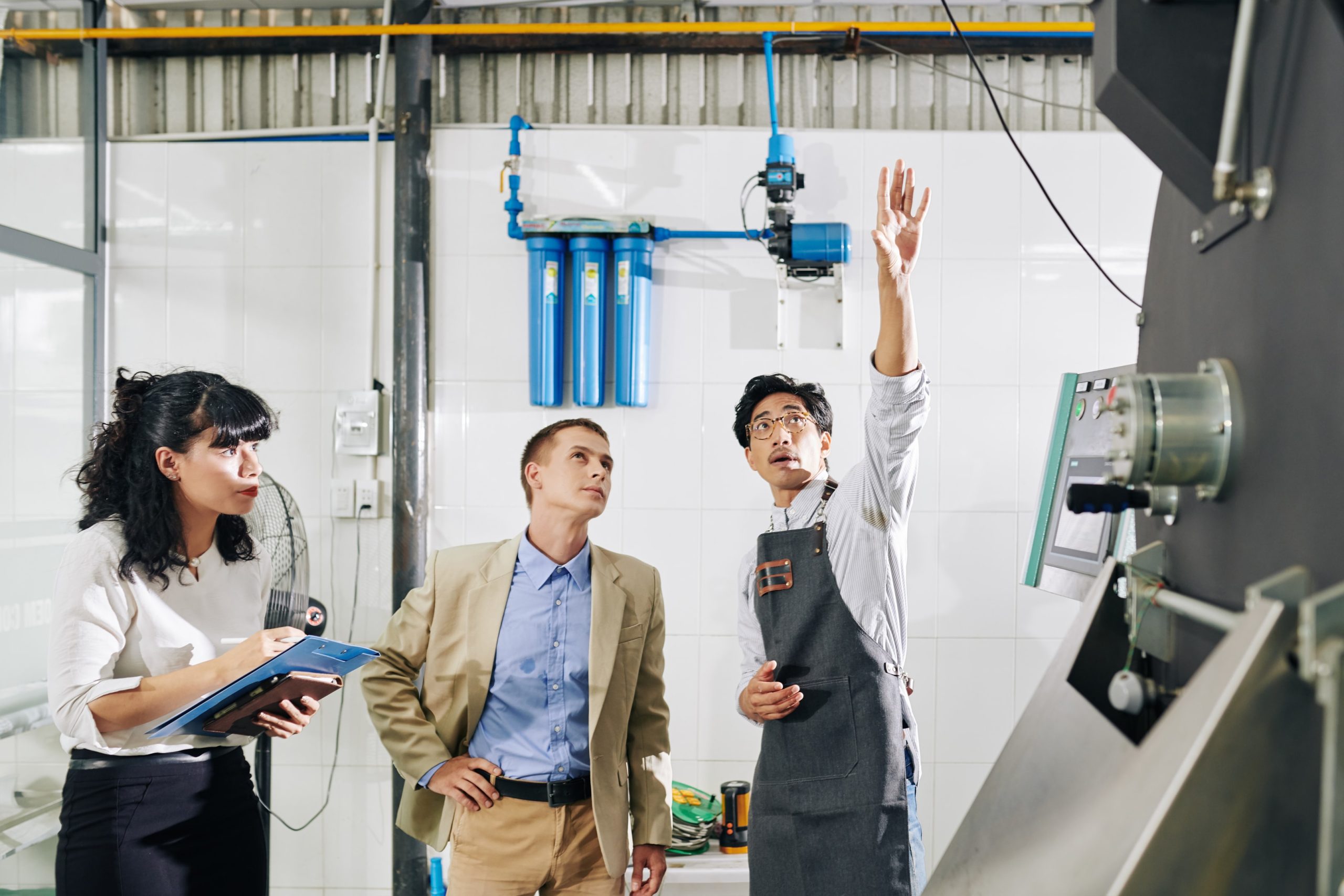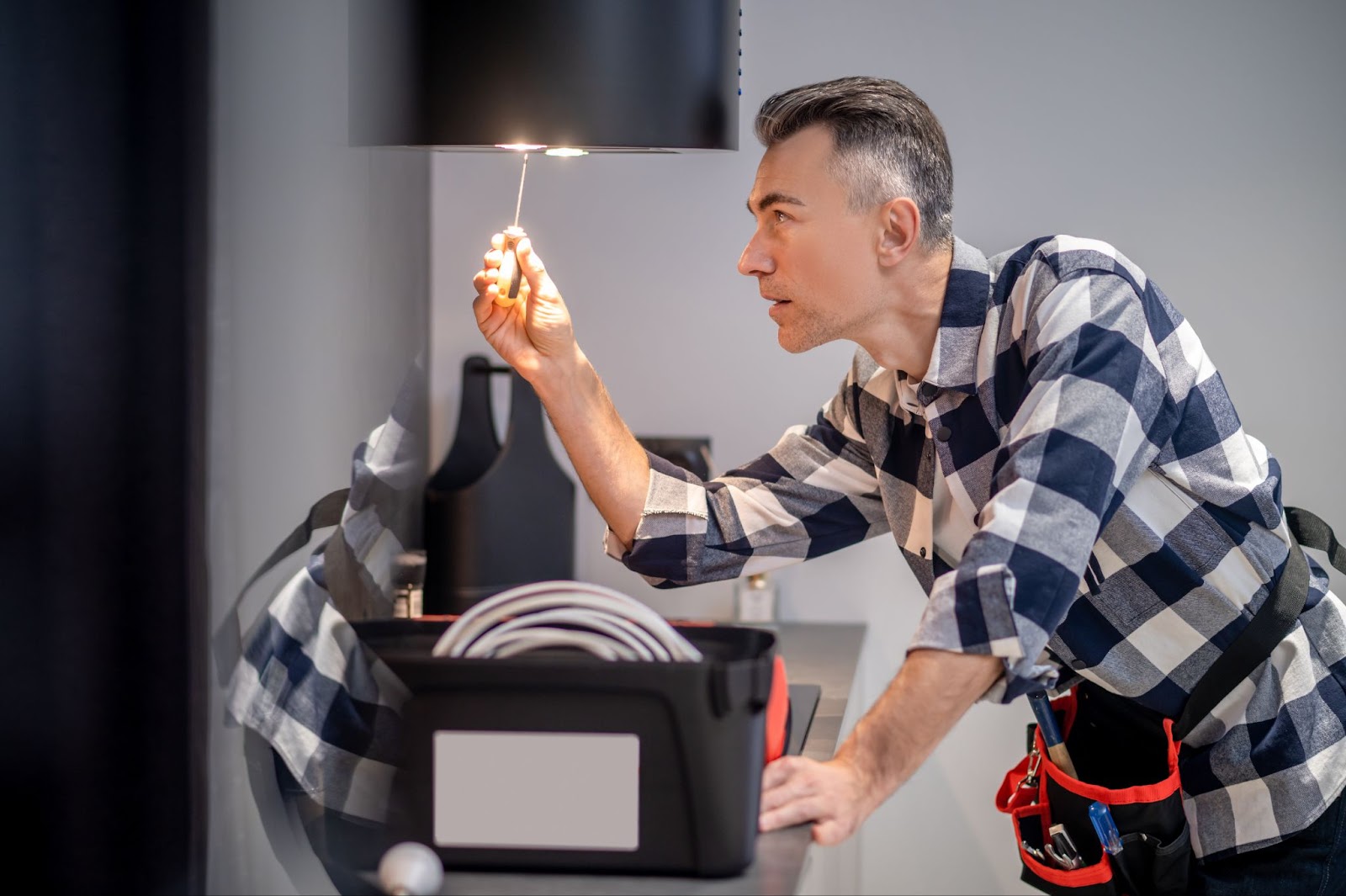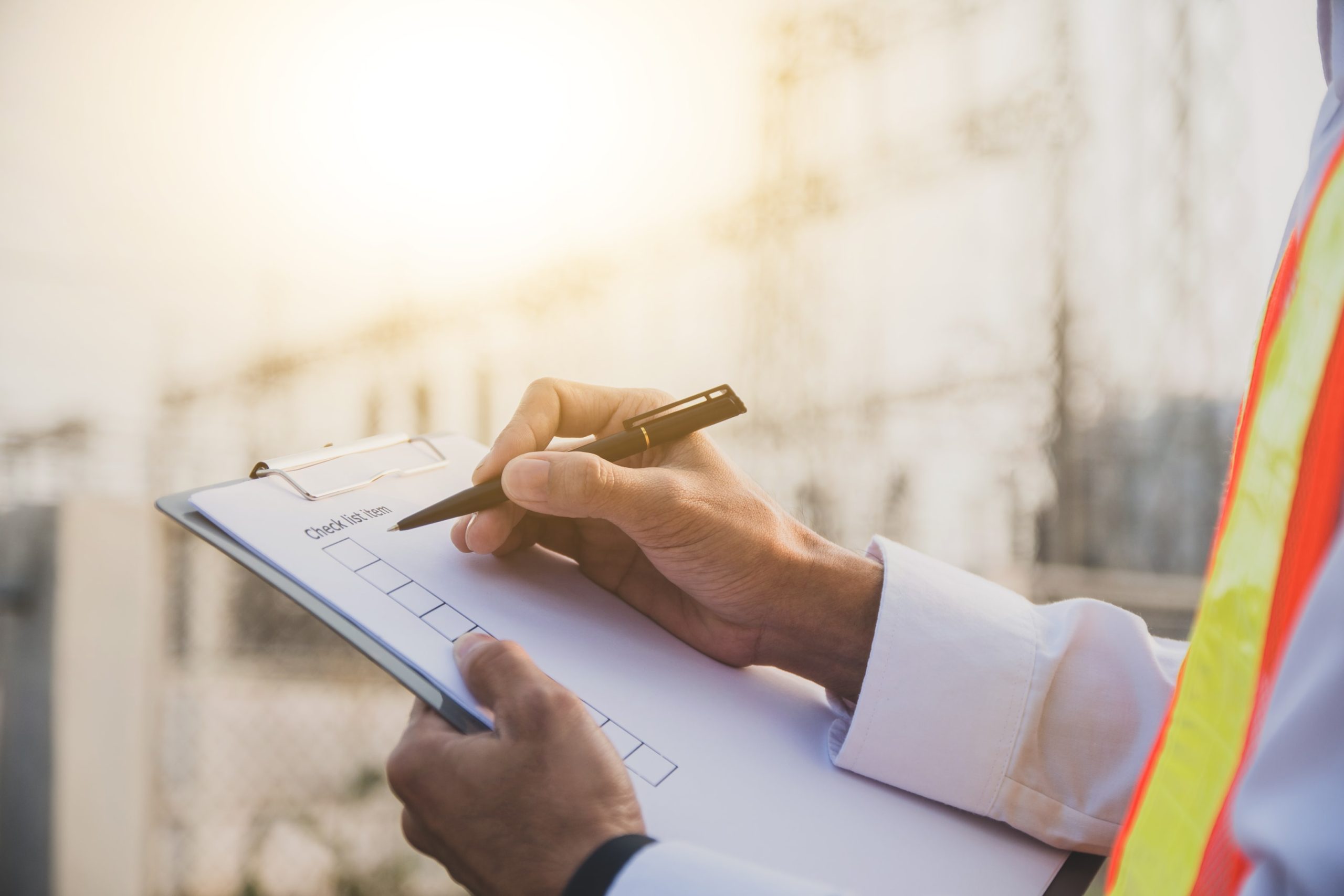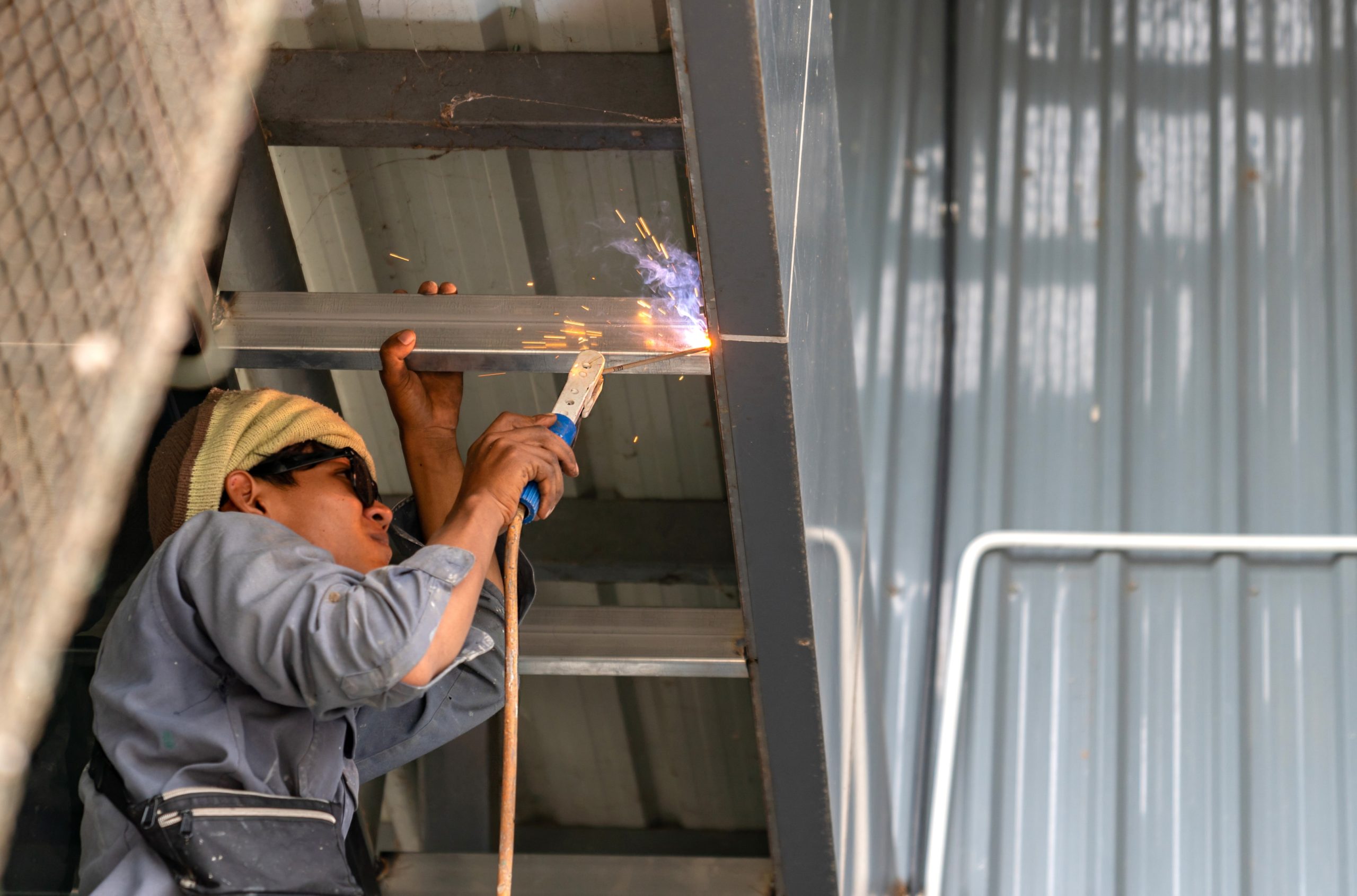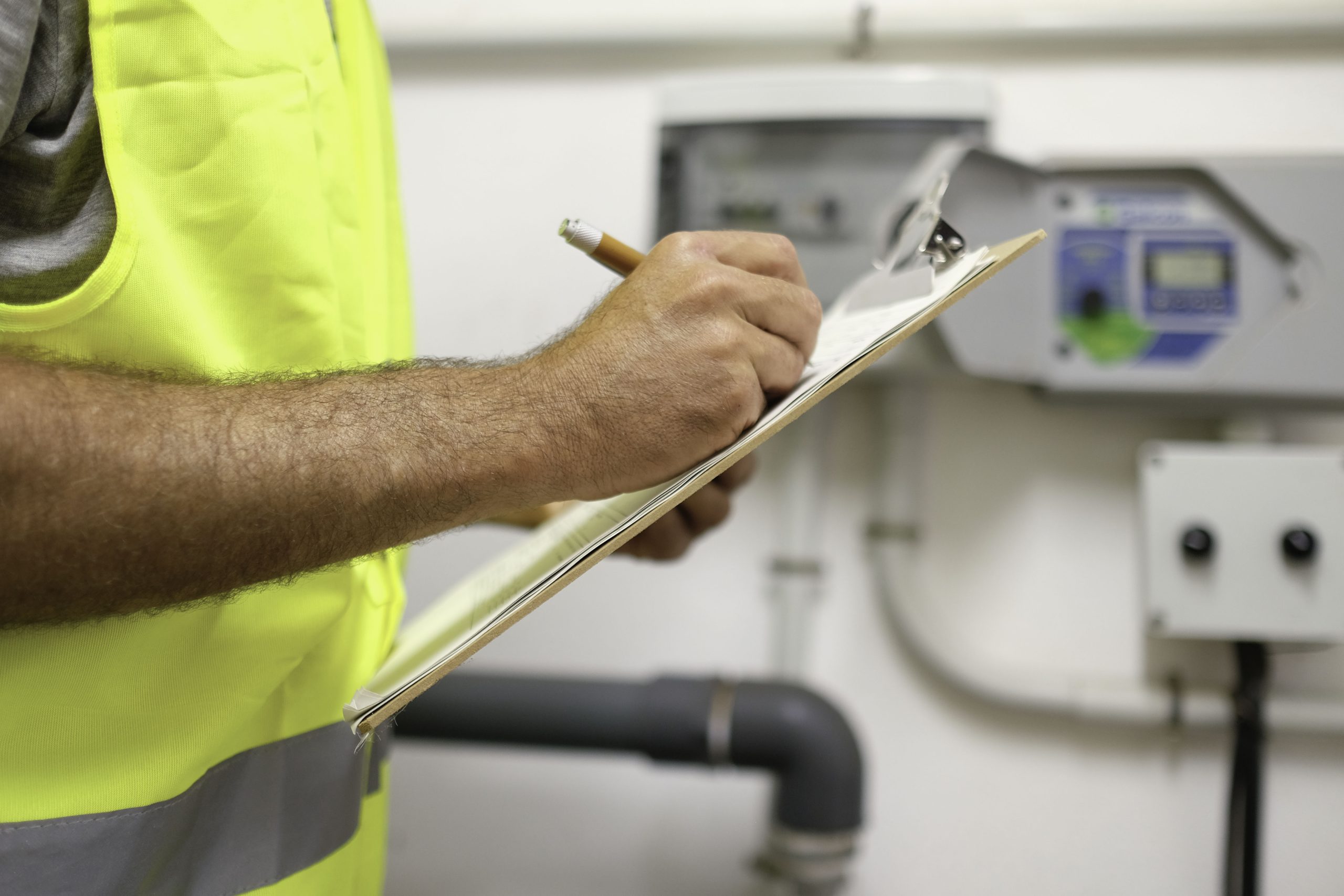Picture this. Your store is packed, customers are browsing, and then it happens. A clogged restroom overflows. Water creeps across the floor. Customers leave. Employees scramble. The smell? Let’s not even talk about it.
Plumbing problems don’t just ruin your day. They cost money, slow down business operations, and leave a negative impression. A small leak can turn into major water damage. A backed-up drain can force a temporary closure. The worst part? These issues always seem to happen when you can least afford the disruption.
But they don’t have to. Most commercial plumbing emergencies start as minor problems that are easy to prevent with regular maintenance and early action.
Let’s look at the biggest risks, how to spot them early, and the best ways to keep your store open without unexpected plumbing failures.
Common Plumbing Emergencies in Retail (and How to Prevent Them)
Plumbing emergencies don’t appear out of nowhere. Most start as small problems that get worse over time. The signs are usually there. You just need to catch them early.
Clogged Drains and Overflowing Toilets
Retail restrooms handle constant use, and not every customer follows the rules. Paper towels, hygiene products, and other non-flushable items often end up in the drainage systems, leading to slow drainage and full blockages.
A single toilet overflow can create an unsanitary mess and force part of the store to shut down.
How to prevent it:
- Place clear signs in restrooms reminding customers what not to flush.
- Have employees check restrooms throughout the day and report slow drains or weak flushes.
- Schedule professional drain cleaning to keep pipes clear.
Burst Pipes and Major Leaks
A burst pipe is an emergency. Water spreads fast, damaging floors, inventory, and electrical systems. If the store stays open, customers and employees face slip hazards.
Common causes of pipe bursts include freezing temperatures, aging pipes, and excessive water pressure.
How to prevent it:
- Insulate exposed pipes in colder months to prevent freezing.
- Schedule regular plumbing maintenance to check for corrosion or weak joints.
- Fix damp walls, pooling water, or other early signs of hidden leaks before they get worse.
Sewer Backups and Foul Odors
Few things drive customers out faster than the smell of sewage. A sewer backup happens when debris, grease, or foreign objects block the pipes. This can lead to overflowing toilets, contaminated water, and serious health risks.
The sewer line might be clogged if a musty or rotten smell lingers in your store.
How to prevent it:
- Schedule sewer line maintenance to detect blockages early.
- Install grease traps in break rooms or food prep areas to prevent buildup from food waste.
- Pay attention to slow-draining sinks and bubbling toilets. They’re early signs of a problem.
Water Heater Failures
Retail stores rely on hot water for restrooms, employee break rooms, and cleaning. When a water heater fails, employees and customers lose access to hot water, and a leak can cause costly water damage.
Common warning signs include rust-colored water, strange noises, and fluctuating temperatures.
How to prevent it:
- Drain and flush the water heater regularly to remove sediment buildup.
- Schedule annual maintenance to check for worn-out parts.
- If the unit is over ten years old, replace it before it fails.
Low Water Pressure and Supply Issues
If faucets release only a weak trickle instead of a steady stream, there’s likely a problem. Low water pressure can indicate a problem with the commercial plumbing system, a clogged pipe, or an issue with the municipal water supply lines.
How to prevent it:
- If pressure suddenly drops, check with the water provider for city-wide issues.
- If only your store is affected, have a commercial plumber inspect for leaks or blockages.
- Address small pressure changes before they lead to bigger plumbing failures.
How to Avoid Plumbing Emergencies in Retail
Understanding common plumbing emergencies is the first step. The next is taking action to avoid them. Here’s what retailers can do to avoid costly repairs and keep operations running.
1. Schedule Regular Plumbing Inspections
A retail store’s commercial plumbing system handles more wear and tear than a home’s. That means minor issues, like slow leaks or pipe corrosion, can escalate quickly. Scheduling regular maintenance helps spot problems before they turn into expensive repairs.
In colder climates, professional plumbers can also ensure pipes are properly insulated to prevent freezing. A routine checkup is one of the simplest ways to prevent costly emergencies.
2. Train Employees to Recognize Plumbing Issues
Employees are in the store every day, which means they often notice plumbing problems first. If a sink drains slowly, a toilet flushes weakly, or there’s an unusual smell near a drain, those could be early warning signs.
Make sure your team knows what to look for and how to report plumbing issues.
With Trillium’s facilities maintenance software, maintenance requests can be logged immediately, preventing small problems from becoming major plumbing emergencies.
3. Choose Plumbing Fixtures Built for Heavy Use
Retail plumbing systems go through heavy use. Standard plumbing appliances wear out faster, clog more easily, and require frequent repairs.
Upgrade to:
- High-efficiency toilets that reduce clogs and lower water use.
- Faucet aerators that help conserve water and improve performance.
- Proper ventilation in restrooms to prevent odors and mold growth.
Investing in durable, high-traffic plumbing equipment lowers maintenance costs and keeps your store operating without disruptions.
4. Install Leak Detection and Backflow Prevention Systems
Many plumbing issues start behind walls or underground. A small leak can waste thousands of gallons of water before anyone notices. Backflow issues can contaminate clean water, creating serious health risks.
Installing leak detection systems helps identify hidden leaks and track water usage. Backflow prevention devices stop contaminated water from entering clean supply lines.
What to Do When a Plumbing Emergency Happens
Even with routine maintenance, plumbing emergencies can still happen. If not handled immediately, the issue can force a store closure, leading to lost sales and expensive repairs.
Knowing how to respond quickly can help reduce the damage and get your store back to business as soon as possible.
Shut Off the Water
Stopping the water flow is the priority. Every store should have accessible shut-off valves, and employees should know where to find them.
For smaller issues, like an overflowing toilet, turn off the water valve near the fixture. For bigger problems, such as a burst pipe, you may need to shut off the store’s main water supply.
If no one knows where the water stains where it is, water will continue to spread, making cleanup and repairs more difficult.
Control the Water and Secure the Area
After turning off the water, take steps to limit the damage. Use mops, towels, or a wet vacuum to remove standing water. If water is near electrical outlets or appliances, you’ll have to turn off the power in that area to prevent additional risks.
If sewage is backing up, block off the affected area immediately. Contaminated water is a serious health hazard. Employees and customers should stay away until a professional handles the cleanup.
Report the Problem Right Away
Plumbing emergencies don’t fix themselves. The longer a plumbing issue goes unaddressed, the worse it gets. Store managers should report problems immediately to avoid costly structural repairs and property damage.
Trillium’s free software allows you to submit a work order at any time. They then contact vetted service providers in your area and dispatch them to your facility to start working as soon as possible.
Decide if the Store Can Stay Open
Some plumbing problems are manageable, while others require closing off parts of the store. If a restroom is out of order, place an “Out of Service” sign and keep the store open.
If water is leaking near electrical systems, customer and employee safety comes first, and closing temporarily may be necessary.
For major issues like sewer backups, health codes may require the store to close until the area is properly sanitized. Assess the severity of the issue and take action accordingly.
Get Reliable Plumbing Support for Your Retail Store
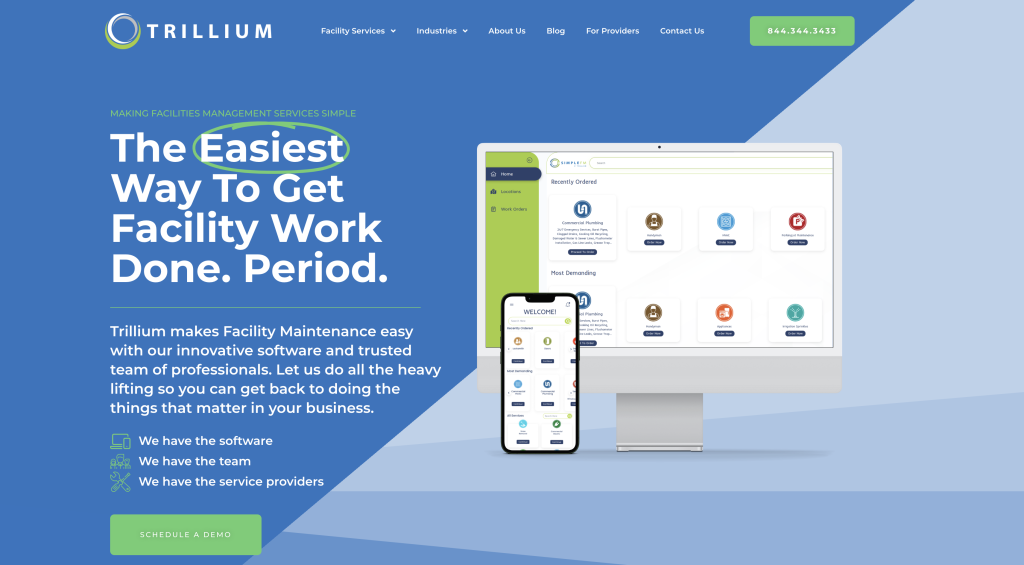
Plumbing emergencies can shut down your store, but getting help shouldn’t come with hidden costs or unnecessary commitments. Unlike traditional facilities management services that charge high markups and require on-site personnel, Trillium offers a flexible, cost-saving solution.
With no fees, no minimum order volumes, and no long-term contracts, you only pay for the services you need and when you need them. Our platform connects you directly with vetted service providers, eliminating middleman fees and reducing maintenance costs.
Instead of committing to a full-time maintenance team, Trillium lets you order plumbing services on demand, whether it’s an emergency repair or routine maintenance. You get fast, professional service at a fair price—without the overhead of traditional facilities management.
Don’t wait for a plumbing disaster to force your store to close. Contact Trillium to protect your business from unexpected plumbing failures.
FAQs About Avoiding Plumbing Emergencies in Retail
What is plumbing preventive maintenance?
Plumbing preventive maintenance involves regular inspections, cleaning, and minor repairs to keep the system working properly and prevent major issues. This includes checking for leaks, clearing drains, testing water pressure, inspecting pipes for wear, and ensuring water heaters and backflow prevention systems function correctly.
What constitutes a plumbing emergency?
A plumbing emergency is any issue that poses an immediate risk to the store, customers, or employees. This includes burst pipes, major leaks, sewer backups, overflowing toilets, gas leaks, and water heater failures. These problems require immediate attention to prevent water damage, safety hazards, and business closures.
If water is flooding, restrooms are inoperable, or sewage is backing up, it’s a plumbing emergency that needs urgent professional assistance.
How to maintain your plumbing system?
Maintaining an efficient plumbing system requires regular inspections, timely repairs, and proactive measures to prevent damage. Retail businesses should schedule professional plumbing checkups to catch leaks, clean drains, and ensure pipes are in excellent condition.
Employees should be trained to recognize early warning signs like slow drainage, unusual odors, or changes in water pressure. Installing leak detection systems and using commercial-grade fixtures can also help prevent plumbing failures.

